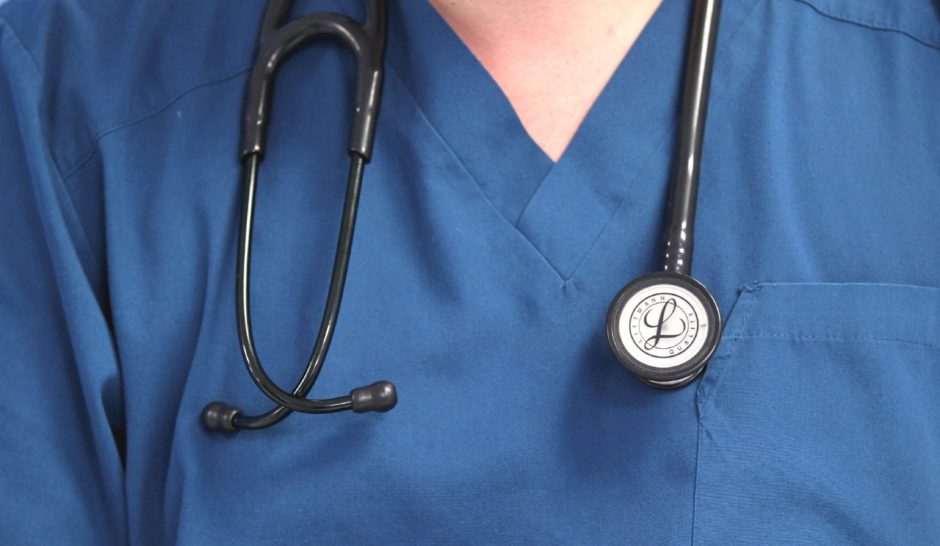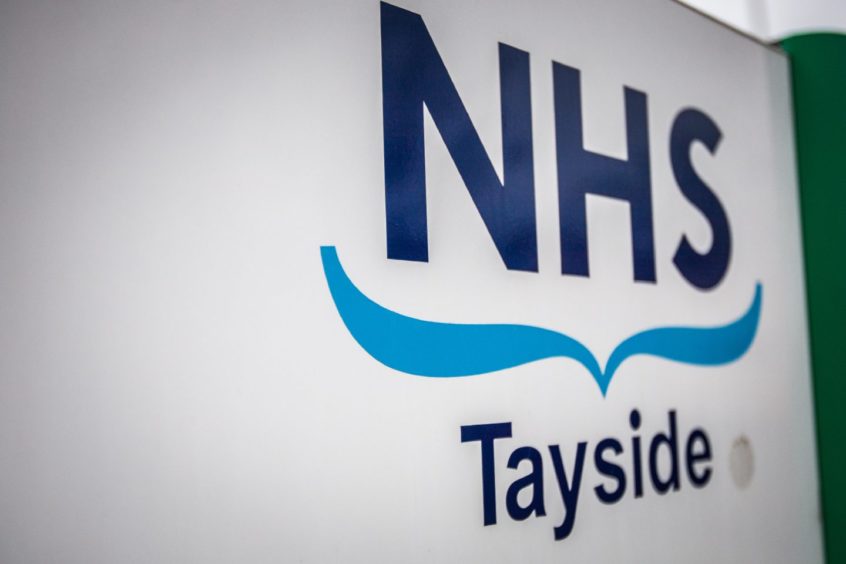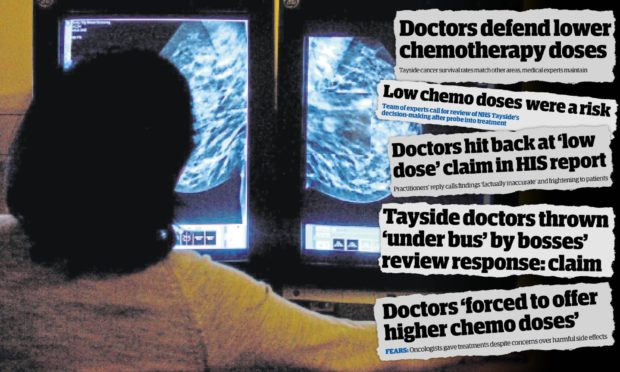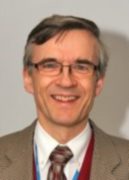A senior doctor at the centre of a botched review into breast cancer treatment at NHS Tayside has voluntarily removed his name from the medical register after being reprimanded over an undeclared conflict of interest.
Dr Adrian Harnett was recruited to help conduct a review at the health board in 2018 following revelations that breast cancer patients in the region had been given lower than standard doses of chemotherapy drugs for years.
But the specialist has since been ordered to pay back his £900 fee for the work after being accused of being unintentionally “dishonest” over his previous relationship with NHS Tayside and the oncologists involved in delivering the treatment.
Around 200 people were given the lower doses between December 2016 and April 2019 in a bid to reduce harmful side effects. A Scottish Government-commissioned report later said the treatment resulted in an increased risk of their cancer recurring.
The 2018 review – know as an invited service review, conducted by the Royal College of Physicians (RCP) London and paid for with public money – collapsed after it emerged Dr Harnett had also taken part in an internal review ordered by NHS Tayside into the practice in 2017.
His findings in 2017 were generally favourable to the local oncology team and led him to write in their defence following subsequent criticism in official reports. He also previously co-authored a paper with one of the doctors involved.
On the conflict of interest disclosure form, Dr Harnett said he had “worked with colleagues from Dundee” and had been an examiner for one of the doctors “but have no personal association”.
Warnings of a conflict
The Courier revealed then-chief medical officer Catherine Calderwood, senior medical officer for oncology Dr David Dunlop and NHS Tayside were all made aware of the potential conflict of interest in April 2019, months before the review had to be pulled.
The RCP was also made aware abut decided to push on with the review because, it says, it had incomplete information and the review team were already in Tayside.
Another panel member, Professor Jonathan Joffe – who had also previously been involved in work at the Dundee unit – had to temporarily withdraw from the review due to family illness, leaving Dr Harnett as the only remaining oncologist in the group.
A complaint was made to the General Medical Council (GMC) the same month but the body initially ruled there had been no conflict of interest and dropped the case.
However, the RCP wrote to Dr Harnett in January last year, stating: “It is our view that a disciplinary offence occurred due to your failure to declare a conflict of interest to the invited service review team in advance of the Tayside invited service review visit.”
The letter served as a reprimand and written warning regarding his conduct, and, while the panel did not believe he set out to deceive, it found he had demonstrated “poor professional judgement”.
This prompted the GMC to reopen and “promote” its own investigation and in June, it put to the specialist that he had dishonestly stated he had no previous involvement in the matter and had no association with NHS Tayside and the individuals involved.
It is clear to me now that my incomplete disclosure of conflict of interest is considered as a serious professional malpractice.”
Dr Adrian Harnett
Dr Harnett wrote to the GMC to set out his version of events on July 27 but applied for voluntary removal from the register two days later, citing ‘retirement’ as the reason.
The specialist said he had made an “incomplete disclosure” following consultation with the Royal College of Radiologists – the same body that had nominated him for the job.
Dr Harnett added: “It is clear to me now that my incomplete disclosure of conflict of interest is considered as a serious professional malpractice which has been followed by punitive action by the Royal College of Physicians in a severe reprimand and return of all fees paid, and is continuing in this GMC action.”

He also argued that his support for the oncology team, which he agreed could be included in a Healthcare Improvement Scotland report, was “informal” and that he had no personal relationship with the doctor he had co-authored a paper with.
The General Medical Council found there was no evidence Dr Harnett had knowingly behaved in a dishonest manner and had demonstrated remorse following the Royal College of Physicians ruling.
It did not believe his removal from the register was necessary to protect the public, nor in the public interest, but said it was satisfied there was sufficient evidence available for the GMC to revive the allegations should he apply for restoration.
The RCP refused to share further information on its disciplinary findings and declined to comment when approached.
NHS Tayside said it flagged up to RCP a potential conflict of interest after being made aware of the members on the panel, “both before the review commenced and at the outset of the visit to NHS Tayside”.
Scrapped review called for psychological support
The full RCP review will never be published but The Courier obtained a copy of its initial feedback issued as part of the process.
It found there was need for “significant improvement” in governance arrangements for breast oncology at NHS Tayside and was critical of the health board’s handling of concerns raised by the whistleblower.
It outlined how the Tayside oncology team and their clinical lead presented a dossier of information that “disagreed or aimed to refute” the findings of previous reports.
RCP said the broad outcomes of those reports should be “acknowledged rather than contested”, particularly in relation to drug treatments, but said it had received “many letters of support” for the consultants.

The investigating panel noted they had met “a significant number of tearful and distressed staff” and highlighted the additional pressure on doctors and patients.
It found the consultants to be “cohesive, conscientious, caring and hard working but said longer, more comprehensive consultations, including conversations around consent, “is the way forward”.
The panel said this was especially important “when treatments are offered locally that are not in line with what is regarded as best practise”.
The preliminary views, which RCP said “focus on any areas of concern to patient safety”, included a recommendation that oncologists should continue to offer the higher chemotherapy dose as a baseline but reduce when appropriate for individual needs.
NHS Tayside said it has accepted and acted on the immediate recommendations.

